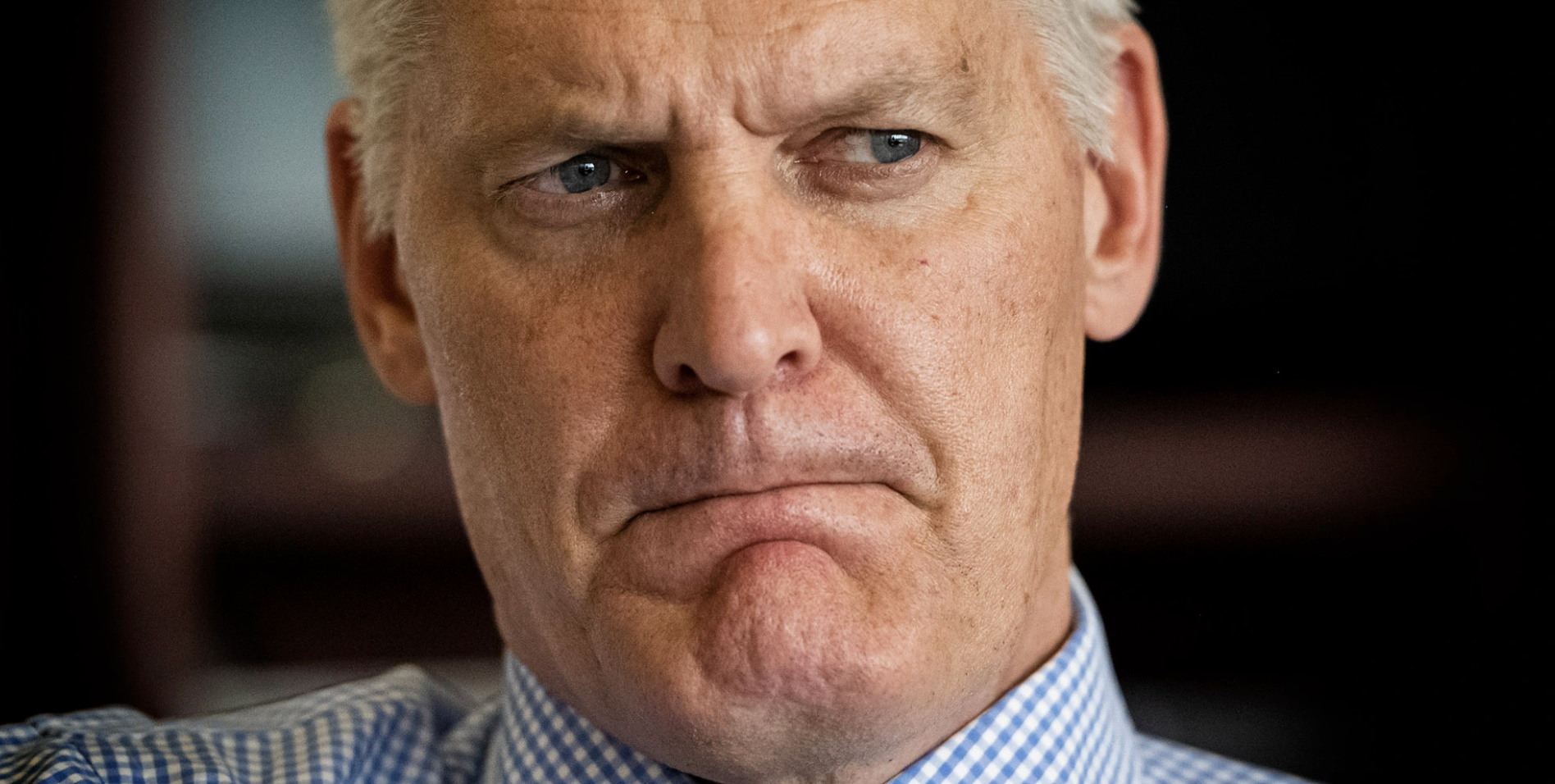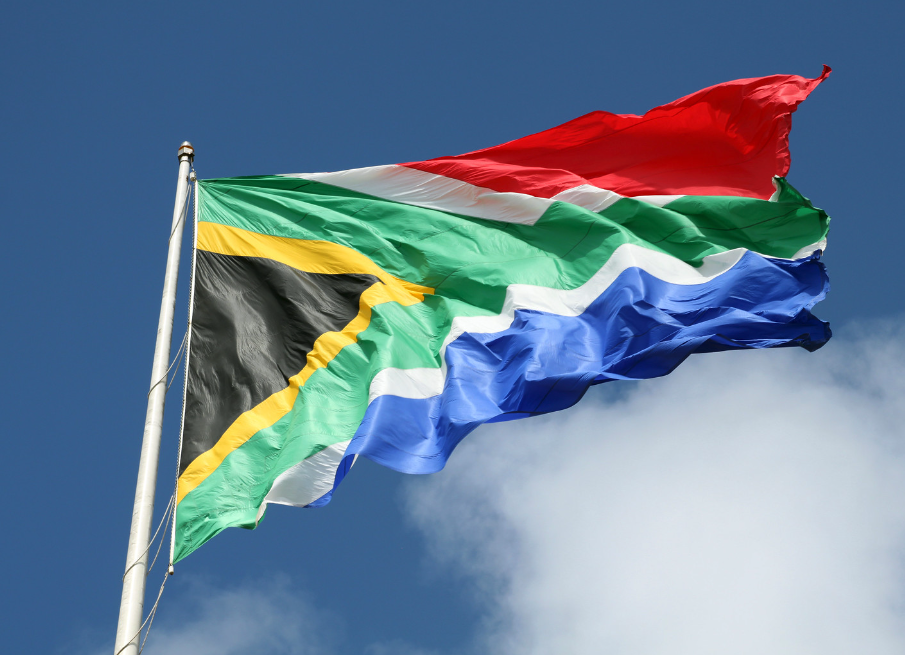News
De Ruyter Resignation — Tripping the Light Fantastic
Andre de Ruyter’s mission was, in many respects, impossible. He set about trying to shore up Eskom’s finances and managed to finally curb the growth of the utility’s debt. But applying balance-sheet discipline came at a cost for those who had fastened their mouths on to Eskom’s contract teats.

Director, The Brenthurst Foundation

Research Director, The Brenthurst Foundation

Andre de Ruyter’s resignation as CEO of Eskom illustrates the dysfunction at the heart of the public service and shows how the road to fixing South Africa’s ailing state-owned enterprises is littered with political roadblocks.
De Ruyter is the 15th CEO of Eskom since 1994 and barely served three years — actually a long stay by recent standards. The recent average term of office has been one year or less.
There is the usual cacophony of uninformed noise over whether De Ruyter should have resigned. His critics say he should carry the can for failing to prevent the country’s worst period of load shedding, while his supporters say he was given an impossible task with one hand tied behind his back.
It is true that load shedding accelerated under De Ruyter, but the causes of this are complex and deserve some attention. He is often compared unfavourably with Brian Molefe, accused of capturing Eskom in one of the biggest public-sector corruption capers of recent times.
Molefe, the argument goes, kept the lights on.
This is true, but Molefe and others kept the lights on by vacuuming masses of cash off the government balance sheet and running Eskom’s power stations to breaking point on low-grade coal secured through contracts that investigators are still trying to untangle and reverse.
The departure of critical skills and the hiring of unqualified and incompetent power station managers accelerated.
Mission impossible
De Ruyter’s mission was, in many respects, impossible. He set about trying to shore up Eskom’s finances and managed to finally curb the growth of the utility’s debt. But applying balance-sheet discipline came at a cost for those who had fastened their mouths on to Eskom’s contract teats.
Eskom, bereft of key skills, was, by the time De Ruyter took charge, essentially a contract management agency, acquiring critical skills to plaster over the cracks at inflated exorbitant prices and with burdensome regulatory requirements.
Adding to his problems was the fact that neither he nor COO Jan Oberholzer had experience dealing with power stations and generation, the parts of Eskom most urgently in need of attention.
There is no shortcut to sorting out Eskom — it is all about fixing, maintaining and refurbishing the coal-fired fleet while procuring new sources of energy. The former has fallen short due to the skills shortage, and the latter has been slowed by the bureaucratic treacle emanating from energy minister Gwede Mantashe, a self-confessed “coal fundamentalist”.
The roadblocks
Which brings us to the political roadblocks.
De Ruyter’s ability to remove the layer of incompetent leadership and replace it with the technically proficient has faced political headwinds. By some quirk of industrial history, the trade union that operates at Eskom is the National Union of Mineworkers (NUM).
Both President Cyril Ramaphosa and Mantashe are former general secretaries of NUM. Transitioning out of coal towards renewables requires political will to manage job losses, replacing as many as possible — but not all — with jobs in renewables and other new sources of generation. This is politically tricky.
The unions — and threatened managers — reacted to De Ruyter’s attempts to clean house by deliberately sabotaging electricity production in what must amount to the biggest shakedown in public sector history.
Examples included the removal of an oil plug to bring Camden power station to a halt and the shipping of rocks instead of coal to Majuba power station.
“We do have mysterious failures, oil leakages, equipment knocked out. So, this is a serious problem and it is quite wide-ranging,” said De Ruyter.
Mantashe, in particular, has made a political target of De Ruyter, going so far as to say he may be engineering load shedding to bring the government down.
ANC vs the country
Essentially, De Ruyter has been forced out because his programme interferes with political support for key players and dodgy rents paid to others. In short, the interests of the country are playing second fiddle to the dysfunction that the ANC has brought into governance.
De Ruyter will stay on for several months to smooth the transition to a new CEO, but he will be a lame duck, unable to implement the programme to clean up the utility. The country and its interests are once more playing second fiddle to the machinations of ANC politics.
We are in a dire position. At Stage 6 load shedding, which has become increasingly common, the country runs on less than half of Eskom’s boiler-plate capacity.
Where the engineering skills and maintenance funds will come from to sort out the mess remains a mystery.
Tens of billions of rands are owed by municipalities that have become largely dysfunctional under the ANC, with just 41 of 257 gaining clean audits — 22 of them run by the opposition.
There is no sign that there is any political will to actively campaign for these municipalities to pay their bills and relieve the financial pressure.
This week, the Brenthurst Foundation released scenarios for South Africa under the title “The Good, the Bad, and the Ugly”.

A key precondition — perhaps the key precondition — for economic growth is the provision of adequate energy.
But as De Ruyter was abandoned by Mantashe and Minister of Public Enterprises Pravin Gordhan (because South Africa must have two ministers responsible for the utility to further complicate the problem), and then by Ramaphosa, who remained silent as De Ruyter was hauled over the coals, it became clear that there is no path to energy recovery.
Renewables agreed to reluctantly and too late provide some hope, as does the lifting of the cap on private energy production. But this does not address the reliable volume of affordable energy needed to power a country with any sort of industrial base.
Choices
What are the options now?
South Africa won’t quickly become a failed state. Zimbabwe, which had far less meat on the bone, took a long time to run down to its current, pitiful state. And even that country still, after 40 years of ruinous Zanu rule, has some way to go to reach Somalia’s status.
The problem is that liberation movements are ill-suited to govern. Successful governance requires difficult choices, abandoning old ways of thinking for innovation and a desire to serve all the people, not just the comrades.
South Africa will settle in a trajectory where some basic elements, including power and water, will continue to fail, and, in so doing, generate a significant increase in poverty and social fracture.
In our scenarios — the Good, Bad, Ugly and Fistful of Cents — we posit the possibility of a change from our current trajectory towards a failed oligarchy, in which a small elite is enriched while the country sinks into oblivion.
That current path requires a commitment to reform — the appointment of skilled leaders with the ability to take the country on the road to modernisation and progress.
If Eskom fails, and the rent-seekers prevail in the name of party unity and presidential power, our “ugly” scenario — rent-seeking and collapse — is firmly on the agenda.
This article originally appeared on the Daily Maverick
Photo: Gallo Images

